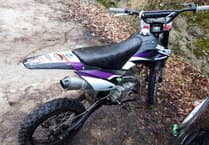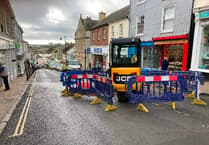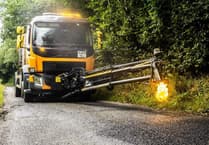Over 30 per cent of drivers in the south west have had an argument over this on the road.
Backseat driving is one of the leading causes of arguments on the road, according to a recent survey carried out by Accident Advice Helpline, one of the UK’s top injury claim specialists.
Criticising the driver’s decisions, flinching when they appear to drive too close to the car in front and commenting when it is time to leave the junction, only serve to irritate those at the wheel, with 45 per cent of respondents in the south west confirming that there is nothing more annoying than driving with an interfering passenger.
Gasping loudly when the driver brakes, complaining about speed and stamping on an imaginary brake are all signs of a typical ‘backseat driver’.
David Carter, spokesman for AAH, carried out the research via OnePoll.com and said, “If you are someone who drives regularly, it can be really hard to switch off and let someone else take control of the wheel.
“Unfortunately, making comments and reacting to what is happening on the road while in the passenger seat can be a big distraction for the person driving, and you could be contributing to increasing the risk of an accident or near-miss.”
Researchers found nagging partners are the biggest backseat drivers, followed by mum and then dad in the south west, while the top 20 list of annoyances include getting road rage on the driver’s behalf, holding hands over your face and insisting on giving unwanted directions.
Only 16 per cent of motorists in the south west admitted that they are backseat drivers themselves when travelling in someone else’s car.
Other signs of backseat driving include: Interfering with the music, changing the heating levels, swearing at other road users, and advising on which lane the car should be in.




